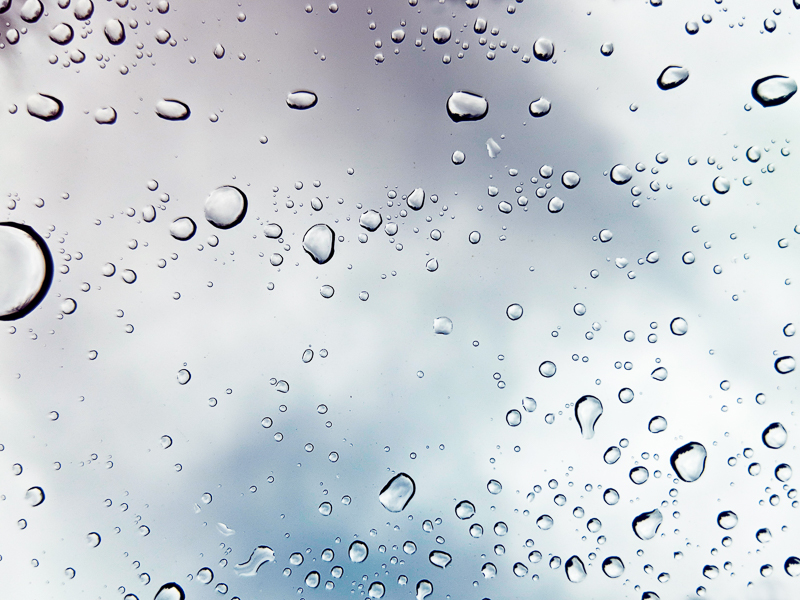
0800 377 7507
Get in touchHow to clean uPVC windows
One of the great advantages to upvc (Unplasticized Polyvinyl Chloride) is that it is practically maintenance free. Unlike wooden window frames, upvc won’t flake, rot or peel and it is virtually immune to even the worst of British weather. However, over time dirt and discolouration will build up, so a regular clean will keep your upvc frames in great condition and sparkling white.
As with many such chores, prevention is better than cure, so a quick wipe of the frames with a soft-fibre cloth from time to time (whenever you’re cleaning the windows themselves) will prevent it becoming a bigger job further down the line.
If you do feel a dedicated clean is necessary, applying warm soapy water with a soft cloth or sponge will restore your window frames to pristine condition. If you do come across any stubborn stains, try spraying a solution of one part vinegar to four parts water and leaving for a few minutes before gently wiping. There are some dedicated uPVC cleaning products on the market, but either washing up liquid or vinegar should be more than sufficient.
So here are a few suggestions for how to clean uPVC windows:
Gentle cleaning
One important thing to bear in mind is that too much enthusiastic cleaning can in fact cause damage, so avoid anything abrasive like scouring pads, bleach or methylated spirits which will leave your upvc window frames in a worse state than when you started! They do scratch easily, so take care.
If you do want to consider a higher tech option, giving your upvc window frames a going-over with a powered steam mop will have them sparkling like new.
Lubricate your locks
Over time, the mechanisms and locks of uPVC windows can become dusty or grimy, making opening and closing a battle. If your window mechanisms are looking a little grubby – or are hard work to move – then why not give them a quick spray with WD40? This takes a moment but can make your windows feel like new. Just make sure you wipe away any excess spray – and put some newspaper down to protect surrounding surfaces and carpets. Other lubricating sprays will work – but make sure they are safe to use on your windows and locks.
Condensation
A classic problem in British homes is condensation. We blast the central heating and close all the windows and doors. Evaporated water from our washing, cleaning and breathing enters the atmosphere – but has nowhere to go. So the water condenses on the cold windows and pools along the seals. This water can degrade the seals and lead to the formation of mold around your windows. If you get condensation in your home, try to mop it up every day – or whenever you see it forming. Opening your windows a crack – or using the inbuilt ventilation slots – can help reduce the build up of moisture in your air.
